List of top 8 English football clubs that no longer exist
In football betting, especially with long-term bets such as promotion, relegation or season performance, the financial factor and the survival of the club are things that many bettors ignore. English football history has witnessed many famous clubs, even creating big “shocks” for the betting world, but collapsed due to financial crisis, poor management or simply failure in the football business model. Betting on these teams without understanding the whole picture is a risky gamble for players. Below, Premiumsoccertips shares the top 8 English football clubs that no longer exist, leaving profound lessons on how to assess risks when betting long-term.
Top 8 English football clubs that no longer exist
Here are the top 8 biggest football clubs that no longer exist, becoming practical lessons for anyone who wants to bet long-term but has not fully assessed the potential risks off the field.
8. Middlesbrough Ironopolis (1889–1894)
Middlesbrough Ironopolis was a football club representing the city’s steel industry, which participated in the Football League during the 1893–94 season. However, after just a single professional season, the club was forced to withdraw and subsequently dissolve due to an inability to sustain the financial demands of competing at the Football League level. The club’s existence lasted only five years (1889–1894), rendering any long-term betting projections on the club entirely meaningless after just one league cycle.
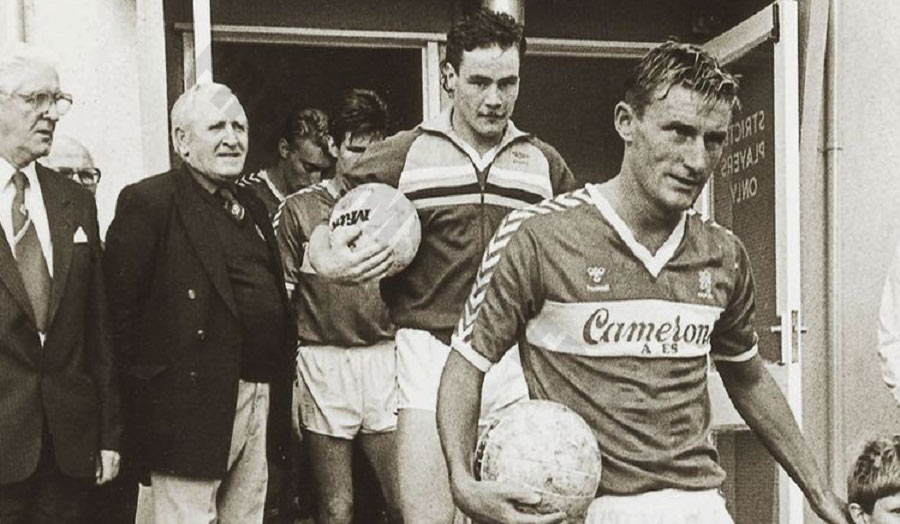
Within betting circles, Ironopolis serves as a historical example of how financial instability can be “lethal” for bettors who favor long-term investment bets. Assessing financial indicators, investment resources, and a club’s capacity for sustainable operations is of paramount importance. The collapse of Ironopolis also highlights that even clubs with compelling “local industry” stories or strong regional identities remain extremely risky for long-term betting if they lack solid financial foundations.
7. New Brighton Tower FC (1896–1901)
New Brighton Tower FC serves as a vivid illustration of how “commercial football projects” can rapidly turn into nightmares for those who wager on them if not managed correctly. Founded in 1896 with the primary objective of promoting the New Brighton Tower a major entertainment attraction of that era the club struggled due to a lack of community support and underwhelming on-field performances. This combination of factors led to the club’s dissolution in 1901, after just five years of existence.
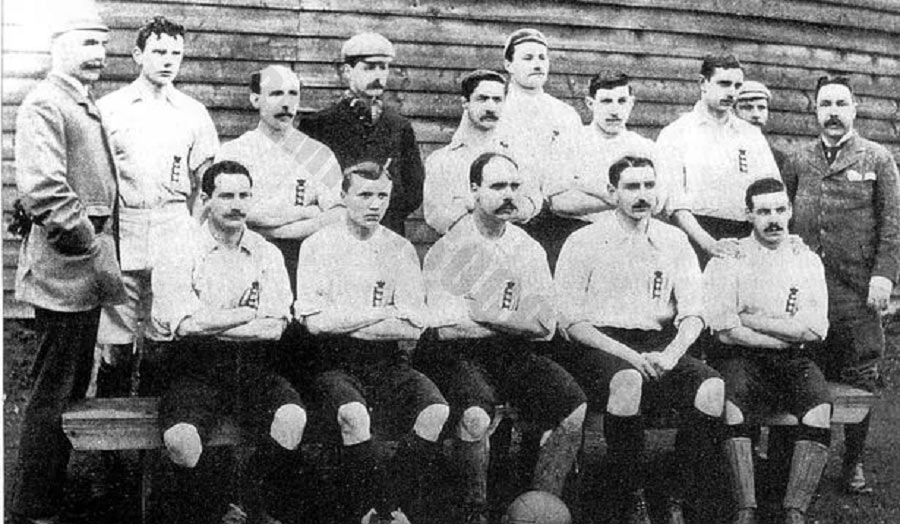
For bettors, New Brighton Tower FC offers an invaluable lesson on the difference between passion-driven football ventures and purely commercial projects. A club lacking a solid fanbase and local identity foundation is extremely risky for long-term bets. Wagers on “promotion,” “over/under points,” or “top finish” markets tied to such projects always carry an exceptionally high risk of sudden collapse, regardless of the initial glamorous marketing campaigns.
6. Leeds City (1904–1919)
Leeds City was a pioneering football club that brought professional football to the city of Leeds, competing in the Football League from 1905. However, in 1919, the club was expelled due to severe financial misconduct, specifically the unauthorized payment of wages to players during World War I a period when league regulations prohibited such payments. This sudden downfall resulted in total losses for those who had invested in long-term betting positions on Leeds City, forcing fans to witness the dissolution of their beloved club.
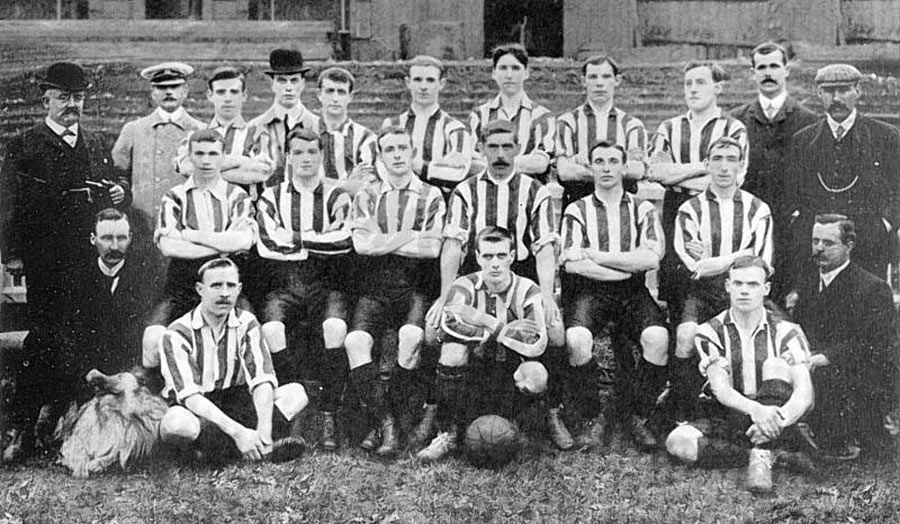
Leeds City stands as a textbook example of how club governance can directly influence the outcomes of bettors. Beyond on-field performance, legal compliance, league regulations, and financial transparency are critical “hidden indicators” that long-term bettors must diligently track. Following Leeds City’s dissolution, Leeds United was established to carry forward the city’s professional football legacy. However, from a bettor’s perspective, these are two entirely separate legal entities, and historical betting data from Leeds City could not be carried over or applied to Leeds United.
5. Hereford United (1924–2014)
Hereford United was once a golden name among bettors who preferred “underdog” wagers, thanks to their legendary victory over Newcastle United in the 1972 FA Cup one of the biggest upsets in English football history. This iconic moment cemented Hereford’s status as a symbol of potential “underdog upset” betting opportunities. However, on-field glory could not mask the prolonged financial difficulties. By 2014, after years of struggling with tax debts and operational costs, Hereford United was officially expelled from professional football.
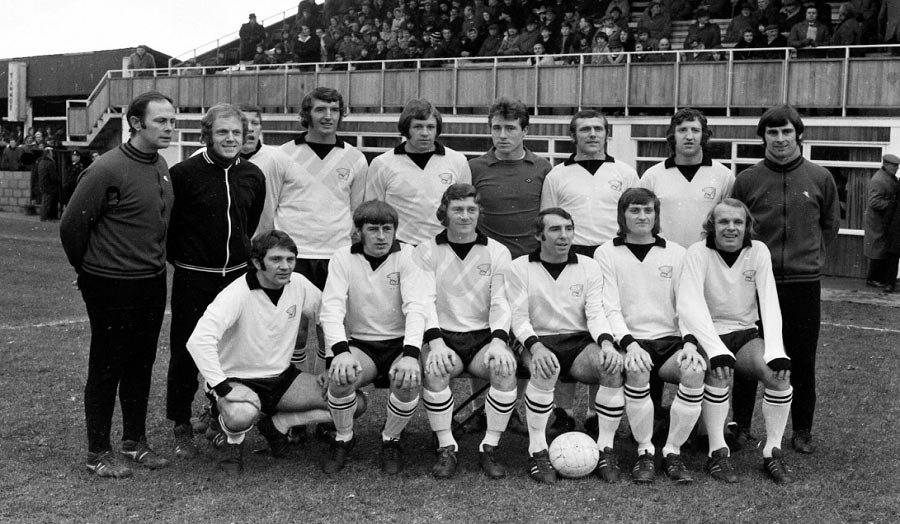
For bettors, Hereford United provides a profound lesson: while knockout tournaments like the FA Cup may offer golden opportunities for comeback bets, long-term wagers (such as promotion or top finish markets) demand constant vigilance over a club’s financial health. The emergence of Hereford FC afterward was more about preserving the emotional legacy rather than offering immediate betting value, as legally, Hereford United had ceased to exist taking with it all historical data that would otherwise have informed long-term betting strategies.
Come to the trusted betting site and enjoy the great gaming experience
4. Scarborough FC (1879–2007)
Scarborough FC was once an underdog darling in betting markets, celebrated as the first club to gain promotion to the Football League through the formal promotion-relegation system in 1987, which opened up enticing betting opportunities on “promotion” odds. However, years of inconsistent performance, compounded by a fragile financial structure, gradually led the club into a deepening crisis. In 2007, Scarborough FC was officially dissolved after debts exceeded £2.5 million, resulting in substantial losses for long-term bettors.
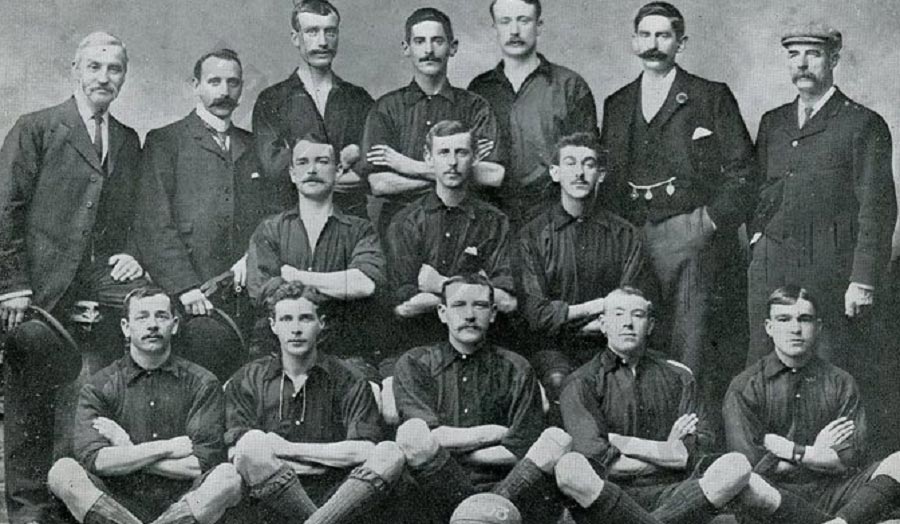
Scarborough FC serves as a harsh lesson for those who favor betting on “fairy-tale” success stories. Financial stability remains the critical pillar that must be rigorously evaluated before placing long-term bets, as miraculous on-field achievements are only sustainable when underpinned by sound financial foundations. The subsequent formation of Scarborough Athletic was a symbolic gesture by fans to preserve the club’s spirit, but from a betting standpoint, it represented an entirely new entity, rendering historical data from Scarborough FC obsolete for analytical purposes.
3. Maidstone United (1897–1992)
Maidstone United exemplifies how ambitious infrastructure expansion moves can be a double-edged sword, particularly for bettors placing their trust in the club’s long-term ascent. After joining the Football League in 1989, Maidstone United harbored ambitions of constructing a new stadium to establish themselves as a regional powerhouse in Kent. However, the financial burden from this yet-to-be-realized project quickly dragged the club into a downward spiral of debt. Within just three professional seasons, Maidstone United was forced to declare bankruptcy in 1992.
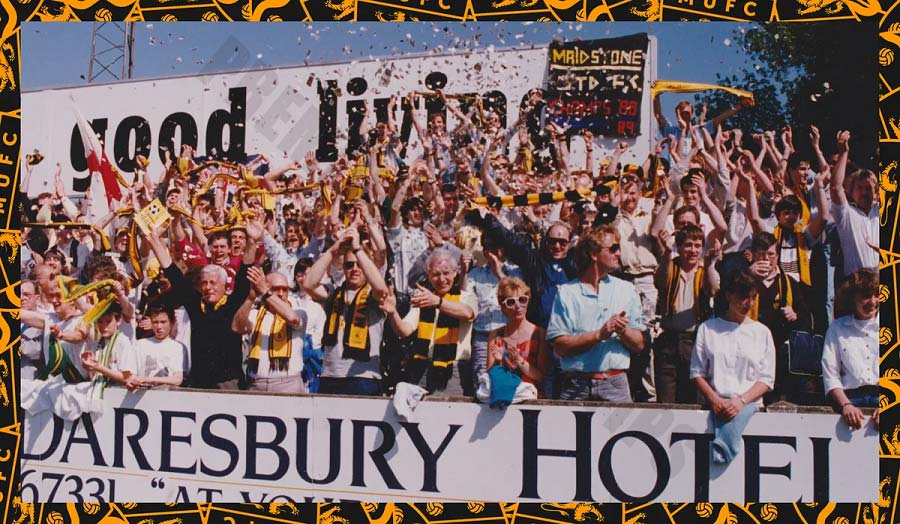
For the betting community, Maidstone United stands as a cautionary tale about the perils of investing in “top finish” or “promotion” markets without fully assessing off-field risks, especially those related to real estate finance an often-overlooked factor in betting data analysis. The re-establishment of a new club bearing the same name in lower leagues holds minimal significance from a betting perspective, as it effectively represents a reset to zero, bearing no legal continuity with the original club’s history.
2. Bury FC (1885–2019)
Bury FC was once regarded as a “safe bet” by those who preferred clubs with a long-standing tradition, having secured two FA Cup titles in the early 20th century. However, after decades of languishing in the lower divisions, persistent financial troubles gradually eroded the club’s stability. By 2019, after 125 years of existence, Bury FC was officially expelled from the English Football League (EFL) for failing to demonstrate sufficient financial viability to complete the season. This was a massive shock for bettors who had placed faith in the club’s revival through bets on “promotion” or “top league finish” markets.

In football betting, Bury FC offers perhaps the clearest lesson on the importance of monitoring a club’s financial metrics, especially for clubs with historical prestige but lacking new investment sources. No matter how promising on-field performance may seem, if a club fails to manage its debts or lacks a sustainable financial strategy, the risk of a total loss from long-term betting positions becomes exceedingly high. The subsequent formation of Bury AFC, while rich in community sentiment, represents an entirely new entity for bettors, carrying a significantly higher risk profile than its predecessor.
1. Wimbledon FC (1889–2004)
Wimbledon FC serves as one of the most emblematic examples of a football club’s collapse due to off-field factors, which had a direct and significant impact on bettors who favored long-term investment bets on the club’s progression. Once a phenomenon with their shocking 1988 FA Cup victory over Liverpool, Wimbledon FC gradually lost their foothold due to the lack of a dedicated stadium and mounting financial pressures. The situation reached its peak in 2003 when the club made the controversial decision to relocate to Milton Keynes a historic turning point that no bettor could have foreseen. Subsequently, in 2004, Wimbledon FC was officially renamed MK Dons, marking the legal termination of the original club.
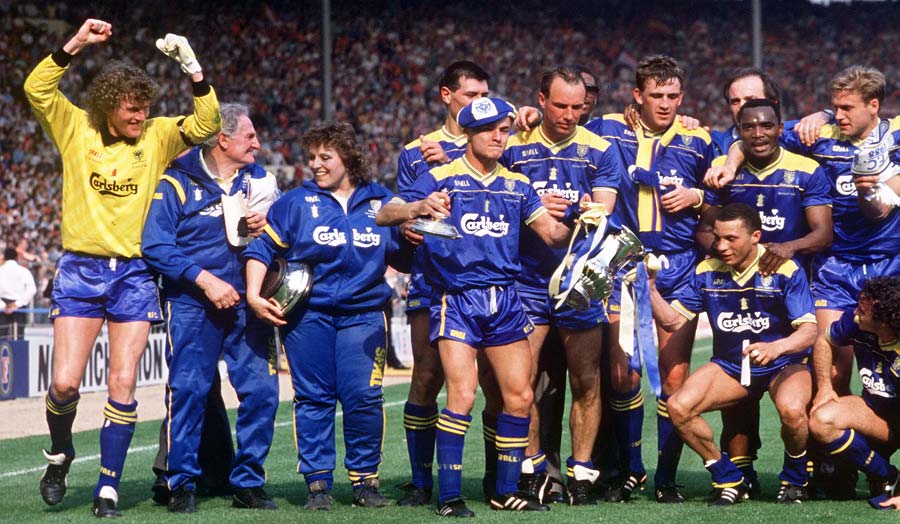
From a betting perspective, Wimbledon FC stands as a stark reminder that a club’s on-field performance is not the only variable that matters. Financial stability and club management policies are critical components that bettors must closely monitor, especially when placing long-term wagers such as “this club will be promoted within the next five years” or “will win a championship within the decade.” The establishment of AFC Wimbledon, a new club founded by devoted fans, was undoubtedly an inspiring story. However, it also demonstrated that financial collapse can wipe out a club’s entire historical legacy and disrupt the entire landscape of betting markets.
In Summary
Football betting is not simply a story of performance on the pitch, but also a game that requires a keen understanding of financial factors, management strategies and sustainable development potential of the team. English football clubs that no longer exist such as Wimbledon FC, Bury FC or Scarborough FC are living proof that a wrong financial decision can wipe out all expectations from long-term bets. To become a smart bettor, carefully researching the history, club operating model and financial indicators is a must, especially for those who prefer long-term investment in lower-ranked teams. Lessons from the past are the “weapons” that help bettors stay away from “trap” bets and optimize safe and sustainable betting strategies.
See more: List of top 7 best national football team of all time








